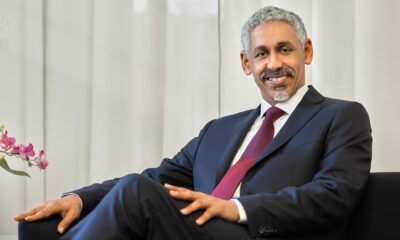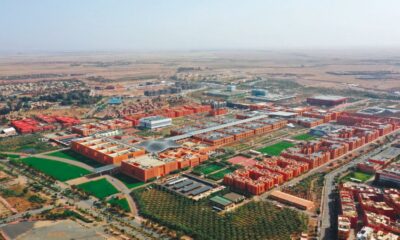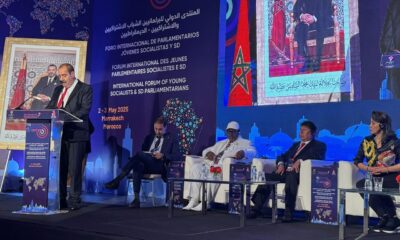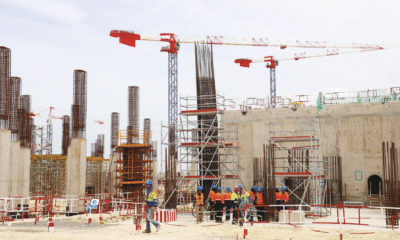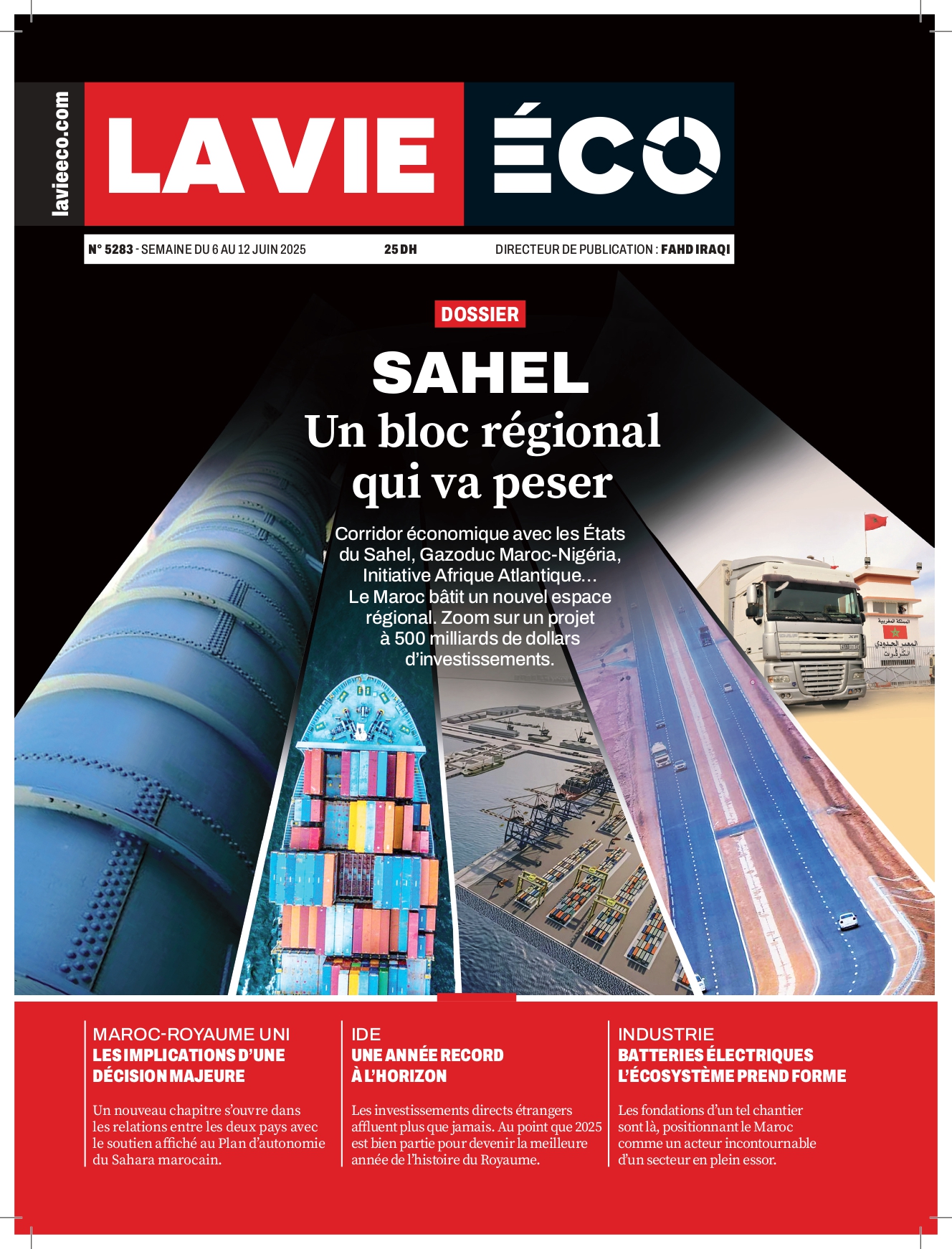Kingdom
The Missing Engine: Women and Morocco’s Economy

Zineb Sqalli, Managing Director and Partner at Boston Consulting Group (BCG) in Casablanca, highlights the profound gender inequality in Morocco, as reflected in the Global Gender Gap Report 2024, which ranks the country 137th out of 146 in gender equality, making it the 9th worst for women. Despite Moroccan women having access to education and healthcare comparable to global averages, only 19.8% are active in the labor force, a figure that has been declining over the past two decades. Cultural narratives significantly influence this issue, with nearly 50% of Moroccan respondents believing that women should not work if a male family member earns enough. Sqalli states that “the most significant obstacle appears to be a deeply entrenched belief that women belong at home,” a view shared by both men and women in Moroccan society.
The report from BCG emphasizes that challenges to women’s economic empowerment are rooted in these societal perceptions. The economic implications of gender equality are substantial, with projections indicating a potential 20% to 25% increase in GDP if equal economic participation between genders is achieved. International organizations like the IMF and the World Bank recognize Morocco’s advancements across various sectors, yet they continue to highlight the persistent exclusion of women from the economy. Sqalli argues that “we cannot afford to keep one engine of our economic aircraft idle,” asserting that prioritizing women’s economic inclusion is crucial for driving development and unlocking the country’s full potential.
Sqalli, Z. (2025). The Missing Engine: Women and Morocco’s Economy. Boston Consulting Group.

